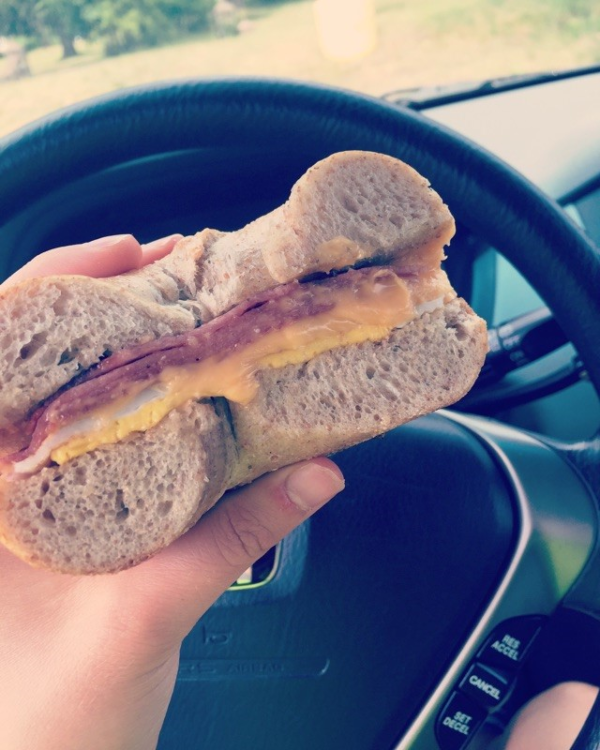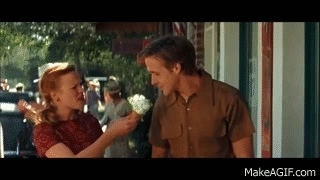We all eat quickly on the go to get when we need to get somewhere. Time is a commodity in today’s society, so sometimes that snack can only be eaten while multitasking. However, a recent study has come out suggesting that those who walk and eat at the same time, are more prone to weight gain. Thus, our multitasking abilities may be not as efficient – or as healthy – as we believe.
Multitasking isn’t the answer

Photo by Mackenzie Barry
Recently, the University of Surrey has conducted research and found those who eat on the go are more prone to increasing their food intake later in the day, which could lead to weight gain. The study suggests that walking is a distraction which impacts our ability to process how eating shapes our hunger.
It’s as if our brains forgot that we have eaten because it was focusing on our body’s activity. We feel hungry sooner (and more intensely) later on – the multitasking blocks one’s mind from feeling as if he or she consumed the food they ate earlier.

Gif courtesy of tumblr.com
Within the study, the idea unfolds that if we do not focus on our food while we are eating, we will be more likely to take part in mindless eating, failing to track the food we are consuming because we are multitasking, which could then cause many to see weight gain.
Or sometimes, we believe we can eat a little more as a reward for walking rather than taking other forms of transportation, but really we eat more calories than we might have burned walking.
The distraction

Photo courtesy of literarylitchfield.wordpress.com
The reason this could lead to overeating later in the day is because our minds are not realizing we are eating when we are on the go or even just standing. Also, a lot of the time, the foods we can eat on the go tend to be unhealthier, compared to those you’d prepare as a sit-down meal.
In order for our brains to realize we are fueling our bodies, the healthiest option would be eating at your desk at work if you can, preparing your lunch the night before, or trying to declutter your schedule, even if you only give yourself 15 minutes to eat.
Eating on the go will only block our bodies’ realization that we are in fueling it, leaving us wanting more food later than we typically would. Consider making time to eat beforehand, dodging the risk of only eating more later.


